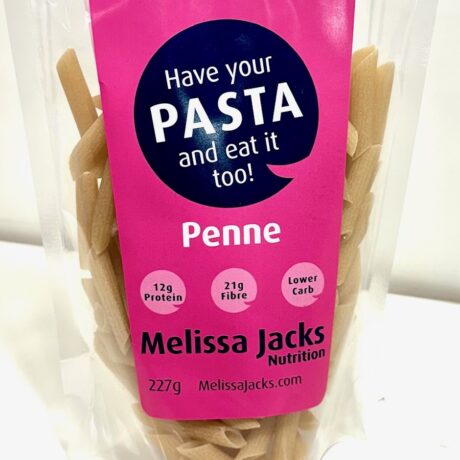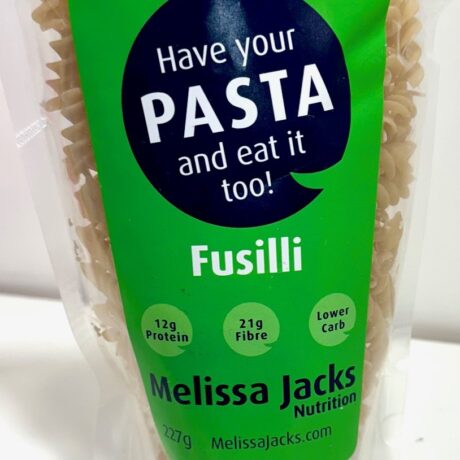Losing weight is without a doubt a challenge for the majority of us, especially as we get older. Although there are thousands of diets and health professionals out there promoting how to lose weight effectively, the reality is that one size does not fit all, so many people are unsuccessful and feel frustrated.
Turn on your TV or open a magazine and you will see diets promoting low carbohydrate foods (often higher protein), others that focus on reducing the fat and calories, as well as several different suggestions on how to balance your meals to achieve the best weight loss results. To complicate this, food intolerances and allergies such as wheat, gluten and dairy are thought to be part of the weight loss puzzle for many.
The reason there are so many diets on the market is because our bodies are complex and there are numerous factors involved in weight loss. Each diet plan is based on some scientific data that pertains to how our bodies store and burn fat. For example, the low carbohydrate proponents believe that by controlling the hormone insulin (released following the intake of carbohydrates such as breads, grains, fruit, etc), you will avoid excess energy (glucose) being converted to fat. Low fat advocates preach that fat has twice as many calories as protein or carbohydrates, so by limiting foods rich in fat you will consume less energy and therefore take in less calories than you are burning. Those promoting combining foods, argue that the right proportions of proteins, carbohydrates and fat will control hormonal responses involved in weight loss and should therefore be adhered to for all meals and snacks.
I could continue to explain why every diet out there makes sense, but I could also argue that several of them contradict one another. So where does this lead us all? Confused! How do we know which method works best for us and how do we get to a point that we stop searching for the answer? I have found that knowledge is key to understanding your body. By incorporating and appreciating all factors involved in your body and how it metabolizes food, you can slowly start to see which are more relevant to you and need to be focused on. Since we all have different biological makeups, it makes sense that we respond differently to different ways of eating. To begin, there are some fundamental points that will benefit us all.
Firstly, it is important to know that carbohydrates do matter. By eating the ones that break down slowly in your body (low glycemic) you are more likely to use the calories you consume as opposed to storing it. The longer it takes to digest through your body, the more opportunity your body has to use it as fuel. Secondly, by watching the fats in your body (as well as total calories), you can avoid taking in more energy than you need overall. This is also known as calories in and calories out. Lastly, eating balanced (combining proteins, carbohydrates and fats in each meal) is key to weight loss not only because it helps to feel more satiated and lowers the glycemic index of any meal, but it also has an impact on the hormonal responses in your body that control fat storage.
The point I am trying to make is that every single diet out there has merit and likely works to some extent in the weight loss puzzle. We can all benefit no matter what our goals are by adopting the principles behind most plans. This does not mean that any one of these diets will get you to your goal or get you there in a way that you can do for the rest of your life. I believe to be successful, you should be eating in a way that you are prepared to eat like for the rest of your life. This means feeling energetic, and satisfied, as well as following something practical for you and your lifestyle.
I have built my recipes and programs with the appreciation that for overall health and wellness we must adopt not just one, but several food practices. I believe they all matter and cannot be followed for life if any one area is ignored. For instance, if we only focus on eating lower fat or calorie based meals, many of those foods could be higher glycemic (break down quickly) and be stored as fat if they are not needed as fast as they are digested. Similarly, if we eat foods that are lower in carbohydrates and higher in protein and fat (as many low carb diets suggest), our overall energy intake will be higher and may hinder weight loss.
By following a way of eating that targets all areas, the chances of losing weight increases, as well as the unpleasant side effects of stricter alternatives (constant hunger, cravings, low energy, etc). You will also begin to understand why past attempts at limiting your calories, fat or carbohydrates on their own has led to failure and frustration.
The 10 week weight loss meal plan and cookbook that I have prepared is a great starting place, as it provides you with all necessary recipes and quantities for the average individual wanting to eat well and be at a healthy weight. Some people have higher energy needs than others, some have sugar sensitivities and need to watch their carbohydrate intake (and glycemic indexes of foods) more closely, and in some instances avoiding certain foods such as wheat, dairy and gluten are necessary.
Weight loss is indeed a journey! The 10 week program and cookbook may be all that is needed to lose your weight and keep it off. For others it may take longer to find what works best for you, but at least you are on your way to figuring it out and have all the tools needed to get there.
I believe we can all reach our weight loss goals, but the road to get there is different for everyone. Just because some struggle more than others does not mean they have to suffer more to get there, they just need to have guidance as well as delicious and satisfying alternatives that make it possible!
Hope to see you on the program and love to hear your success story.





Comments are closed.